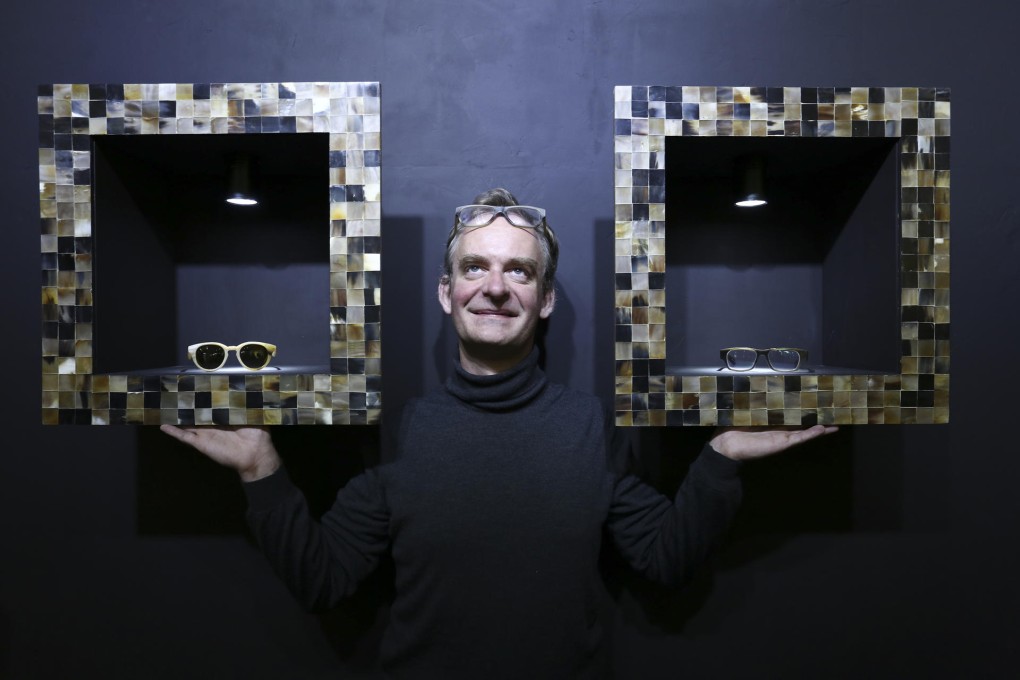3D face scanner delivers form-fitting eyewear accurate to within 0.1mm

Benoit Ams points a scanning machine at my head and slowly walks in an arc in front of me. "Stay still and kindly move your hair from your face," says the Belgium entrepreneur and managing director of eyewear specialist Smith & Norbu.
Ams is taking measurements of my face using 3D technology that will allow bespoke glasses to be made with measurements accurate to within one-tenth of a millimetre. "Instead of relying on traditional time-consuming methods of multiple measurements by hand, we use this 3D scanner. It's more accurate and cuts down on unnecessary repeated fittings required by the traditional process. It only needs a single consultation." Smith & Norbu is the only place in the city to offer the service.
The scanning process is over in less than a minute but making the frames is a long labour of careful love with each pair needing as many as 30 operations and taking between two to three weeks to be completed.
But it's not only the accuracy of this bespoke service that appeals - it's the materials that are used to make the glasses.
Smith & Norbu handcrafts yak and buffalo horn frames and sunglasses as well as yak leather accessories. All products are made with the highest respect of the environment, using only natural eco-friendly materials. They are sold in more than 50 stores in 20 countries.
"I was visiting Tibet and fell in love with a piece of craft made out of yak horn. From there came the idea to create high-quality eyewear frames using this fantastic material and Smith & Norbu was born in 2007 … I wanted to create frames that are not only beautiful and comfortable to wear, but also manufactured in respect of the environment," he says.